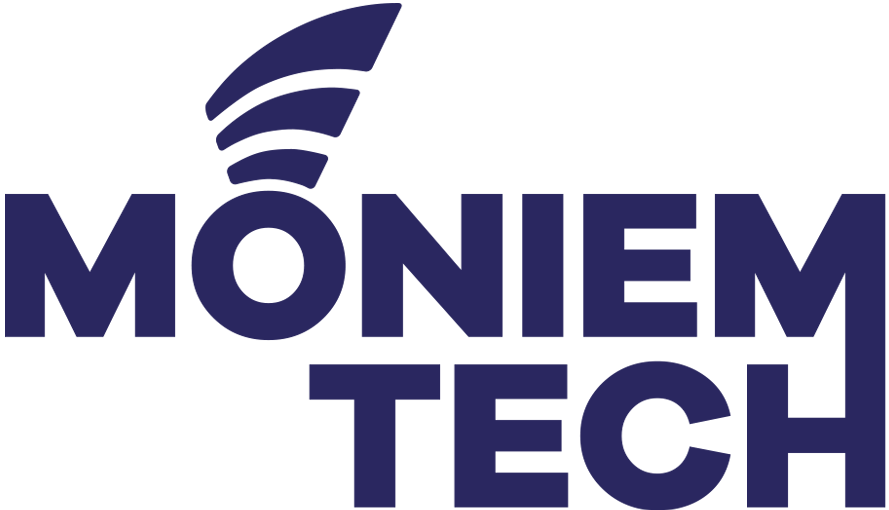Dual Connectivity (4G/5G) in Non-Standalone Modes Dual connectivity indicates that the control and synchronization between the site and the UE are performed by the 4G network, while the 5G network […]
Carrier Aggregation (CA) is used in LTE-Advanced in order to increase the bandwidth and increase the throughput. It can be used for both FDD and TDD. Carrier aggregation (CA) allows a […]
At first, we should start by the UE initial registration in the network Initial Registration of Dual Connectivity Capable UE ================================= An EN-DC enabled UE first registers for service with […]
Apple announced at its fall 2019 event that the iPhone 11, 11 Pro, and 11 Pro Max will be released on September 20 and it was expected for some technical […]
In SU-MIMO transmission: The cell is serving only one user on a given time-frequency resource, maybe over multiple streams. The multiplexing gain is limited by the minimum of the number […]
First, We start with 1G and 2G where the baseband unit was co-located with Radio unit and in this approach which was the “Traditional Network”, we can see the antenna […]
First, yes Massive MIMO Can be used in two modes FDD and TDD. For TDD, Downlink beamforming in Massive MIMO relay on uplink pilot measurements—exploiting reciprocity and TDD operation. For […]
3GPP uses a system of pipelining “Releases” which provides developers with a platform for the implementation of features and then allows for the addition of new functionality in subsequent Releases. […]
As per GSMA report, 5G networks in combination with network slicing help business customers to enjoy connectivity to the specific business requirements that stick to a Service Level Agreement (SLA) […]
VoLTE is the all-IP method that tightly links the voice application to the LTE network to assure the best subscriber experience in terms of performance, reliability, interoperability and global roaming. […]
Taking the BWP definition, and the fact that up to four BWP could be configured for a UE, different BWP allocation scenarios are possible and each could better serve certain […]
